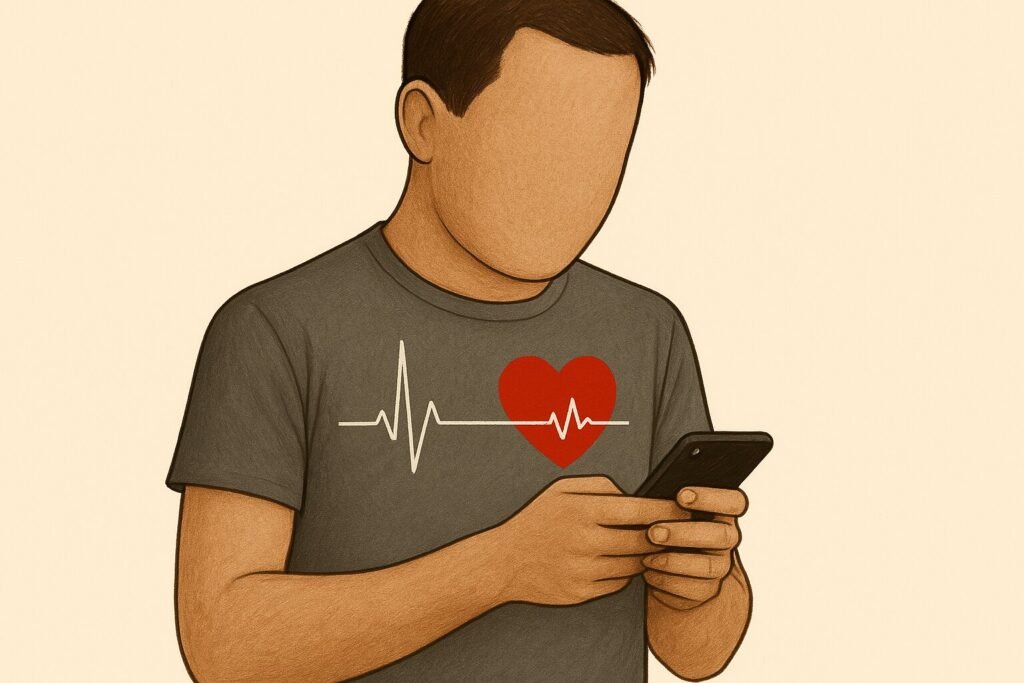Smartphones have become an integral part of our daily lives, but what impact do they have on our attention and physiological reactions? A recent study by researchers at Hokkaido University sheds light on the relationship between smartphone use, attentional biases, and bodily awareness.
The study, published in Communications Psychology, focused on how people who are easily distracted by smartphone stimuli exhibit lower interoceptive awareness (the ability to perceive and understand bodily sensations) and heightened physiological reactivity. Lead author Yusuke Haruki explained that this interdisciplinary project aimed to explore how technology, specifically smartphones, influences our bodily awareness.
Participants in the study were tasked with a visual task involving target letters on a computer screen, with smartphone-related images displayed in the background. The researchers found that approximately half of the participants were distracted by these smartphone cues, leading to poorer task performance and increased heart rate responses.
Those who were more easily distracted by smartphone cues not only struggled with the task at hand but also showed heightened physiological responses to the smartphone images. This group also reported lower interoceptive awareness, similar to patterns seen in behavioral addictions like gambling.
The findings suggest that some individuals may have difficulty ignoring smartphone-related stimuli, impacting both their mental processes and physiological reactions. Haruki and his team hope that this research will contribute to a better understanding of the effects of smartphone use on attention and bodily self-awareness.
Looking ahead, the researchers plan to investigate the neural mechanisms underlying smartphone distractions and how these patterns evolve over time. Understanding these attentional patterns could help develop interventions to promote healthier digital habits, especially among younger populations.
In conclusion, the study highlights the potential consequences of being easily distracted by smartphones and emphasizes the importance of maintaining a balance between technology use and attentional processes. By delving into the impact of smartphone distractions on our bodies and minds, researchers aim to provide valuable insights for future research and interventions in the digital age.


